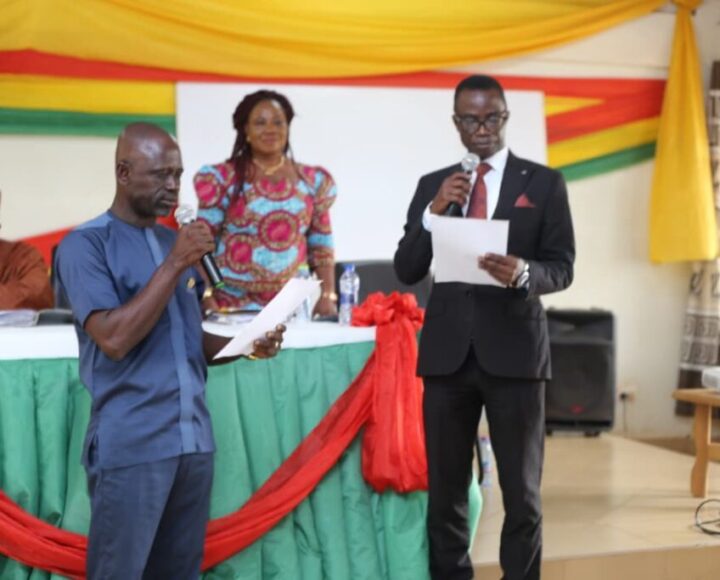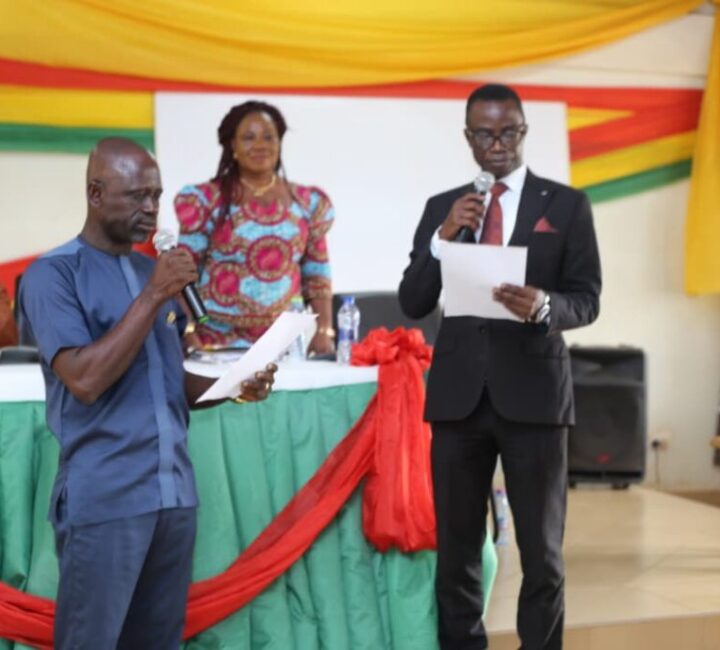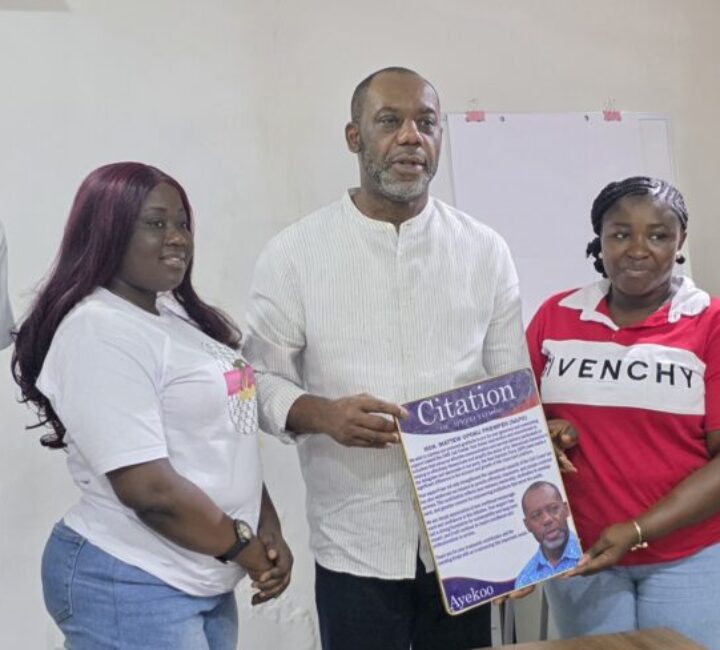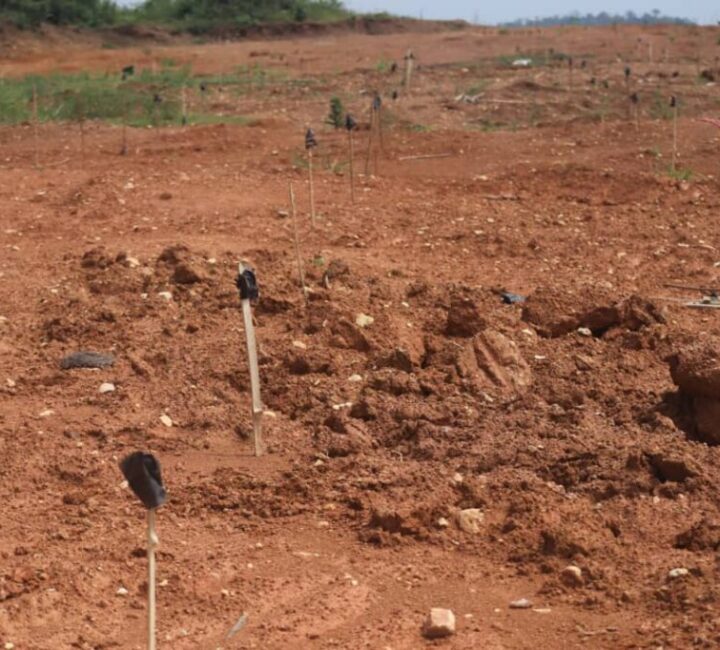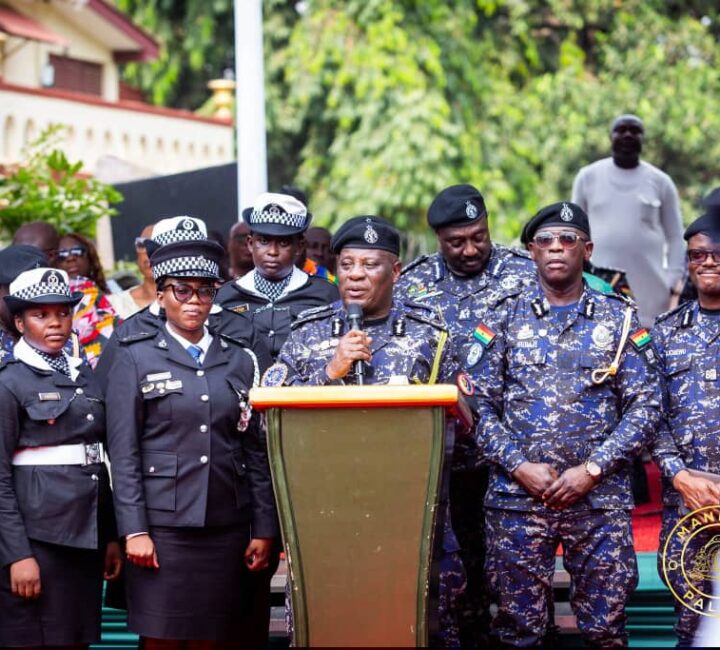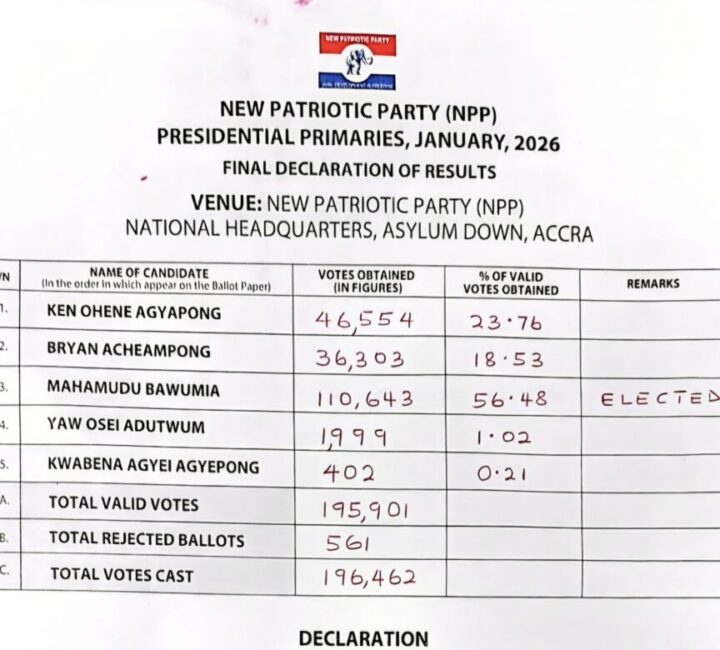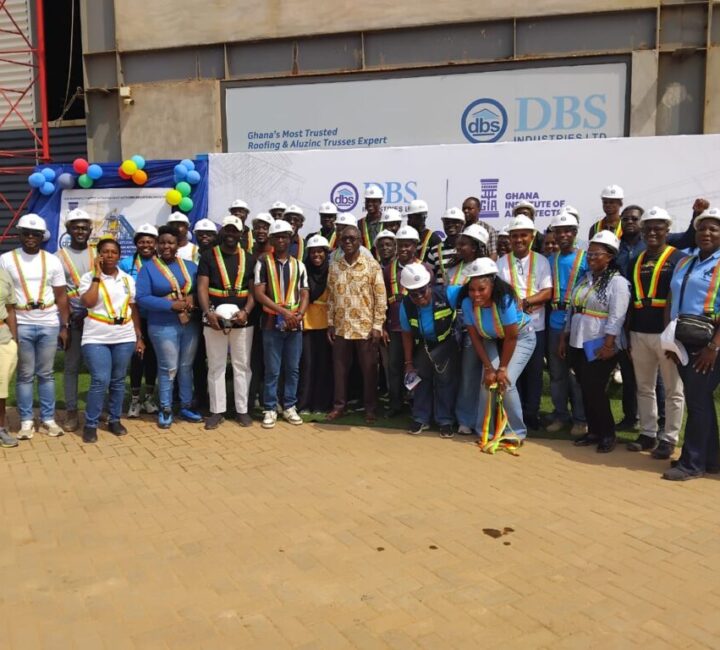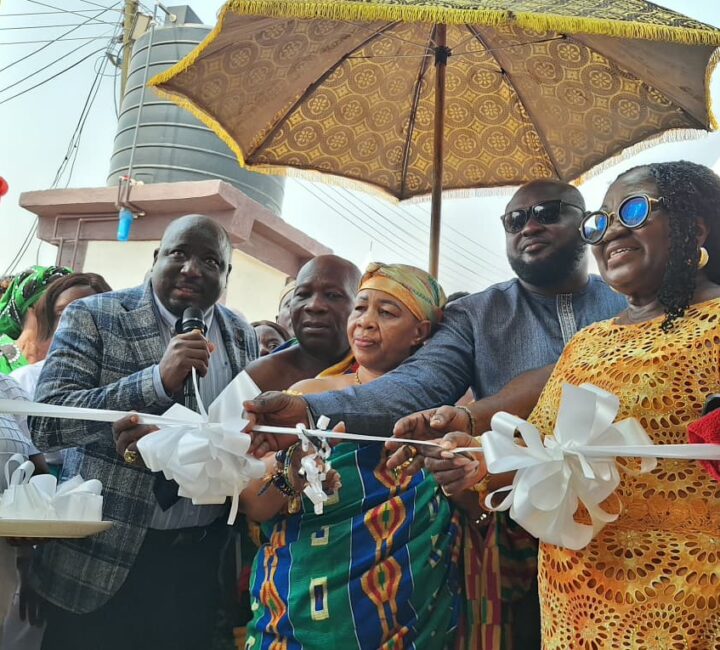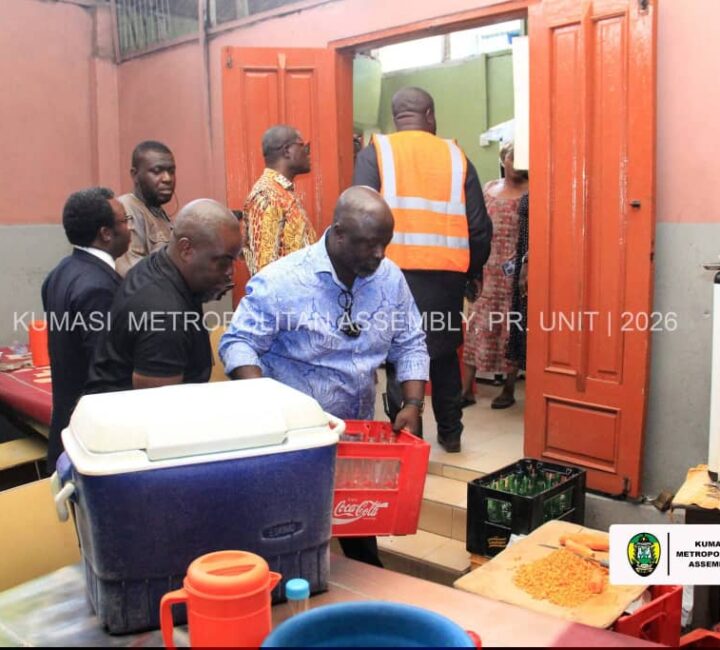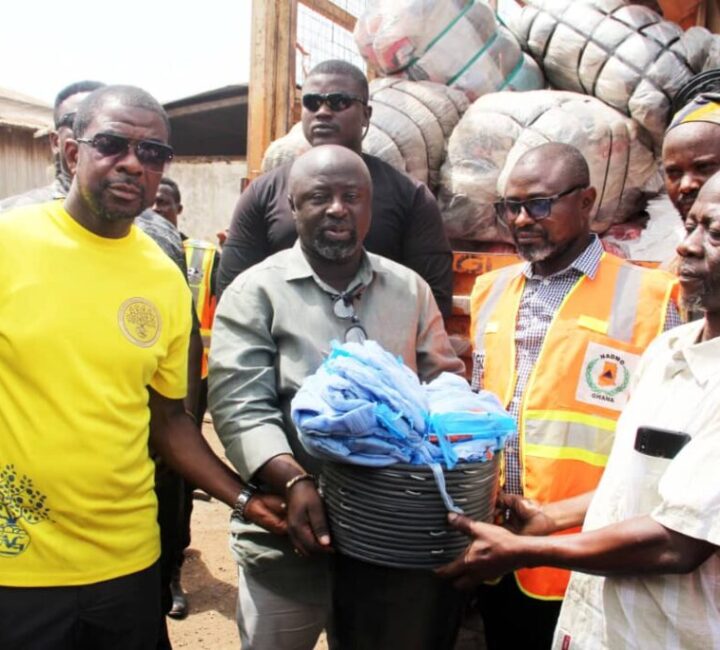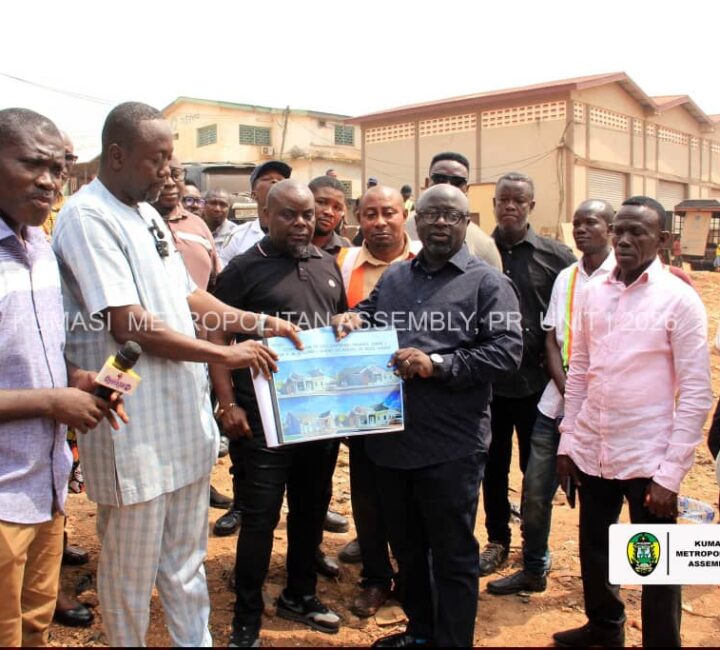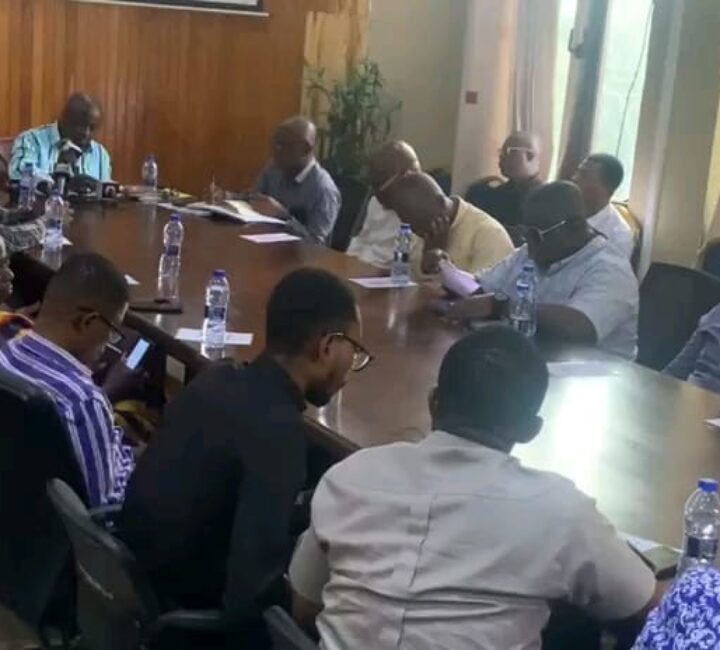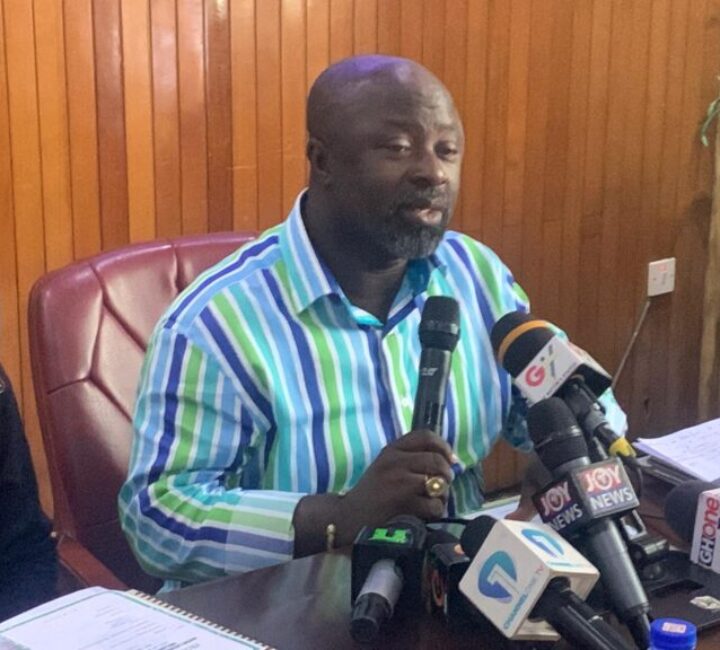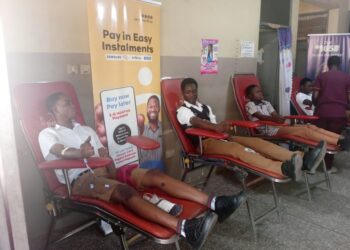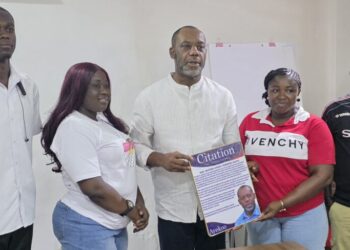The Ghana Free Zones Authority (GFZA) in the Ashanti Region is implementing strategic measures to help local Small and Medium Enterprises (SMEs) and larger industries capitalize on the government’s recent policy shift to Special Economic Zones (SEZs).
This move aims to directly address the persistent challenges local businesses face in exporting their products.
Many businesses in the region have historically struggled to penetrate international markets, often citing concerns over the high minimum capital requirements for export-focused ventures.
The regional Free Zones Authority, however, is streamlining its operations and outreach to ensure businesses can more easily leverage export policies, thereby stimulating industrial growth and significantly boosting productivity across the middle belt of Ghana.
Public Sensitization Campaign:
To raise awareness about these renewed efforts and the benefits of the SEZ framework, staff from the GFZA’s Ashanti regional office last Friday conducted a sensitization walk through the principal streets of Kumasi.
The walk served to actively propagate the office’s mandate and its commitment to supporting local businesses in their export ambitions.
This public outreach was part of activities marking the 30th anniversary of the Free Zones Authority, which was established in 1995.
The celebration is being held under the theme: “Three Decades of Impact: Empowering Businesses, Transforming Trade in Ghana.”
This theme underscores the Authority’s extensive role in promoting industrial growth and economic transformation throughout the country over the last three decades.
Special Economic Zones:
The national government is transforming the existing Export Processing Zones (EPZs) into Special Economic Zones (SEZs) with the primary goal of accelerating industrialization, increasing non-traditional exports, and creating sustainable employment.
The crucial question for the Ashanti Region is how will this new initiative specifically benefit local enterprises?
Ashanti Regional Manager:
Samed Akalilu, the Ashanti Regional Manager of the Free Zones Authority, provided clarity on this matter.
He detailed the specific advantages the authority is now offering to support local SMEs, in particular, to successfully transition and leverage the new SEZ framework.
He noted that the Authority is focusing on enhanced facilitation, streamlined regulatory compliance, and linking businesses to essential services to make exporting a more accessible venture.
The SEZ model, he explained is expected to provide superior incentives, including potential tax holidays, customs duty exemptions on imported raw materials and machinery, and simplified administrative procedures, all designed to make export-oriented production highly competitive.
Appeal:
Looking ahead, the regional manager appealed for both local and foreign investment into a key infrastructural project which is the Ashanti Technology Park.
The park, currently under construction as part of the broader Boankra Inland Port project, is envisioned as a central hub for manufacturing, technology, and logistics.
Mr. Akalilu stressed that completing the Technology Park is critical to fully realizing the potential of the Special Economic Zones and driving robust industrialization across the entire middle belt of the country.
Story By Michael Ofosu-Afriyie,
Kumasi



